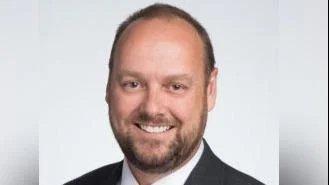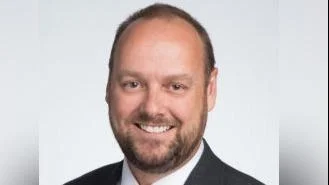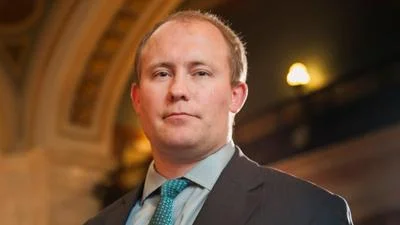Andrew Leavitt, Ph.D. Chancellor | Official website
Andrew Leavitt, Ph.D. Chancellor | Official website
A team of student researchers from the University of Wisconsin Oshkosh is actively investigating the causes of harmful algal blooms and engaging with community stakeholders to explore potential solutions. The ongoing research, funded by a $1.6 million grant from the National Science Foundation, aims to address the issues caused by these blooms in the Winnebago Pool Lakes.
This summer's efforts focused on policy development, citizen science initiatives, community outreach, and historical analysis. Project leaders reported that they reached over 2,000 community members this year. Will Stevens, one of about 30 students involved in this two-year-old project, remarked on the valuable skills gained through interactions with fellow students and professors, as well as engagement with local businesses and institutions.
The UWO research team examines algal blooms through various lenses—historical, social, and environmental—to understand their causes better and improve public education and management strategies. "Our goal is to understand how people perceive these algal blooms," said Heidi Nicholls, an anthropology professor at UWO leading the ethnographical team. She emphasized that while many people are aware of harmful algal blooms (HABs), they may not recognize them by name.
Professor Stephanie Spehar, another project leader and director of UWO’s Sustainability Institute for Regional Transformations (SIRT), highlighted the global significance of HABs: "They threaten human and ecosystem health." Spehar noted that their research seeks to develop a comprehensive understanding of how various factors contribute to these blooms.
Students have been collecting water samples and conducting public surveys as part of their experiential learning process. Frankie Kerkhof commented on the importance of community engagement within their research efforts: "Working with the community is the cornerstone of this research."
The unique aspect of this project lies in its collaboration between university faculty, students, regional partners, and residents to tackle a common environmental issue. As Spehar pointed out: "One of the most exciting things about this project is that it can help us understand how we bring diverse knowledge...together."






 Alerts Sign-up
Alerts Sign-up